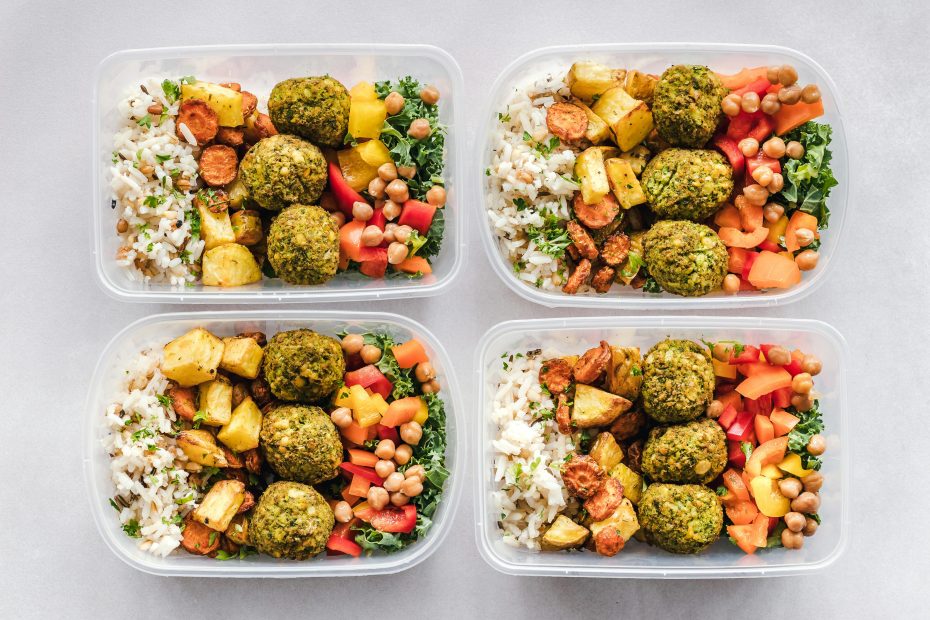Learn how to balance your hormones naturally with food. Discover the best hormone-balancing foods, meal tips, and lifestyle changes to support your endocrine system and improve overall health.
Introduction
Hormones play a crucial role in regulating nearly every bodily function, from metabolism and mood to reproduction and energy levels. When hormones are out of balance, it can lead to a host of issues like weight gain, fatigue, acne, and even chronic conditions like PCOS or thyroid disorders. The good news? You can support your hormonal health through the foods you eat. In this guide, we’ll explore how to balance your hormones with food, including the best hormone-balancing foods, meal ideas, and lifestyle tips.
Section 1: Understanding Hormonal Imbalance
What Are Hormones?
Hormones are chemical messengers produced by the endocrine system. They regulate processes like growth, metabolism, and reproduction.
Common Signs of Hormonal Imbalance:
- Weight gain or difficulty losing weight
- Fatigue and low energy
- Mood swings and irritability
- Irregular menstrual cycles
- Acne or skin issues
- Sleep disturbances
Causes of Hormonal Imbalance:
- Poor diet
- Chronic stress
- Lack of sleep
- Environmental toxins
- Sedentary lifestyle
Section 2: The Role of Food in Hormonal Balance
Food is one of the most powerful tools for regulating hormones. Certain nutrients can support hormone production, reduce inflammation, and improve insulin sensitivity. Here’s how food impacts your hormones:
- Blood Sugar Regulation:
- Stable blood sugar levels are key to balancing hormones like insulin and cortisol.
- Foods high in refined sugars and carbs can cause spikes and crashes, leading to hormonal imbalances.
- Gut Health:
- A healthy gut microbiome supports the production and regulation of hormones like serotonin and estrogen.
- Fiber-rich foods promote gut health and hormone balance.
- Healthy Fats:
- Fats are essential for producing hormones like estrogen and testosterone.
- Omega-3 fatty acids reduce inflammation and support hormonal health.
- Micronutrients:
- Vitamins and minerals like magnesium, zinc, and vitamin D play a critical role in hormone production and regulation.
Section 3: Top Hormone-Balancing Foods
Incorporate these foods into your diet to support hormonal balance:
- Leafy Greens:
- Spinach, kale, and Swiss chard are rich in magnesium, which helps regulate cortisol levels.
- Healthy Fats:
- Avocados, olive oil, and nuts provide essential fatty acids for hormone production.
- Omega-3 Rich Foods:
- Fatty fish like salmon, chia seeds, and walnuts reduce inflammation and support hormone health.
- Cruciferous Vegetables:
- Broccoli, cauliflower, and Brussels sprouts help detoxify excess estrogen.
- Protein-Rich Foods:
- Eggs, lean meats, and legumes provide amino acids necessary for hormone synthesis.
- Adaptogenic Herbs:
- Ashwagandha, maca, and holy basil help the body adapt to stress and balance hormones.
- Fiber-Rich Foods:
- Whole grains, fruits, and vegetables support gut health and hormone regulation.
- Probiotic Foods:
- Yogurt, kefir, and fermented foods promote a healthy gut microbiome.
Section 4: Meal Ideas for Hormonal Balance
Here are some hormone-friendly meal ideas:
Breakfast:
- Greek yogurt with berries, chia seeds, and a drizzle of honey
- Spinach and mushroom omelet with avocado toast
Lunch:
- Grilled salmon salad with mixed greens, olive oil, and lemon dressing
- Quinoa bowl with roasted vegetables and chickpeas
Dinner:
- Baked chicken with steamed broccoli and sweet potatoes
- Stir-fried tofu with bok choy and brown rice
Snacks:
- Apple slices with almond butter
- Handful of mixed nuts and seeds
Section 5: Lifestyle Tips to Support Hormonal Balance
While food is a powerful tool, lifestyle changes can further enhance hormonal health:
- Manage Stress:
- Practice mindfulness, yoga, or meditation to lower cortisol levels.
- Prioritize Sleep:
- Aim for 7-9 hours of quality sleep each night to support hormone production.
- Exercise Regularly:
- Incorporate strength training and cardio to improve insulin sensitivity and reduce stress.
- Avoid Toxins:
- Limit exposure to endocrine-disrupting chemicals found in plastics and personal care products.
- Stay Hydrated:
- Drink plenty of water to support detoxification and hormone regulation.
Section 6: Foods to Avoid for Hormonal Balance
Certain foods can disrupt hormonal balance. Limit or avoid:
- Refined sugars and carbs
- Processed foods
- Trans fats and hydrogenated oils
- Excessive caffeine and alcohol
Conclusion
Balancing your hormones with food is a natural and effective way to improve your overall health. By incorporating hormone-balancing foods, managing stress, and making lifestyle changes, you can support your endocrine system and feel your best. Start small by adding a few of these foods to your diet and gradually build healthier habits. Your hormones—and your body—will thank you!
Call to Action
Ready to take control of your hormonal health? Share your favorite hormone-balancing recipes in the comments below, and don’t forget to subscribe for more health and wellness tips!

